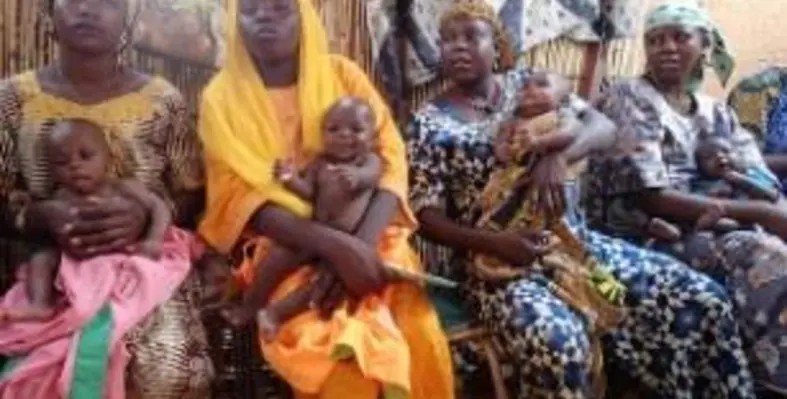GE Healthcare and Amref Health Africa have announced a framework agreement to develop a range of in-country health care service collaborations across reproductive, maternal, newborn and child health, non-communicable diseases, water, sanitation and hygiene and safe surgery
Initially, Amref Health Africa and GE will work together with Intrahealth and Project HOPE on a new programme in Ethiopia, where GE will provide medical equipment at 20 health centres and four primary hospitals to widen access to antenatal screenings, essential newborn care and to upskill health workers.
The technology will include portable ultrasound for antenatal screening, baby warmers, anesthesia and resuscitation equipment used during childbirth and phototherapy devices which help mitigate jaundice in babies.
Through a focus on task-shifting, health workers such as midwives who operate in remote communities where access to medically trained personnel is often limited or non-existent, will be taught essential skills to perform additional tasks such as antenatal scans, ensuring that critical, potentially life-saving services are available to the most at-risk patients.
“Strengthening primary care and the broader referral system is an essential building block towards the attainment of universal health coverage in Africa,” said Farid Fezoua, president and CEO at GE Healthcare Africa.
He added, “Our approach combines relevant technologies, skills development and localised service delivery into one scalable deployment model. Early pilots have shown promising results and together with Amref Health Africa and our other implementation partners, we have a dedicated and local team monitoring and evaluating these programs to share learnings across the continent.”
According to WHO, approximately 830 women die every day from preventable causes related to pregnancy and childbirth, with maternal mortality higher in women living in rural areas and among poorer communities. Almost all maternal deaths (99 per cent) occur in developing countries. More than half of these deaths occur in sub-Saharan Africa. The situation remains challenging for infants and newborns. While the total number of under-five deaths dropped to 5.6mn in 2016 from 12.6mn in 1990, 7,000 newborns still die every day, according to UNICEF. In sub-Saharan Africa, approximately one child in 13 dies before his or her fifth birthday, while in the world’s high-income countries the ratio is one in 189.
One target under Sustainable Development Goal 3 is to reduce the global maternal mortality ratio to less than 70 per 100 000 births, with no country having a maternal mortality rate of more than twice the global average. To that end, skilled care before, during and after childbirth can save the lives of women and newborn babies, according to WHO.














